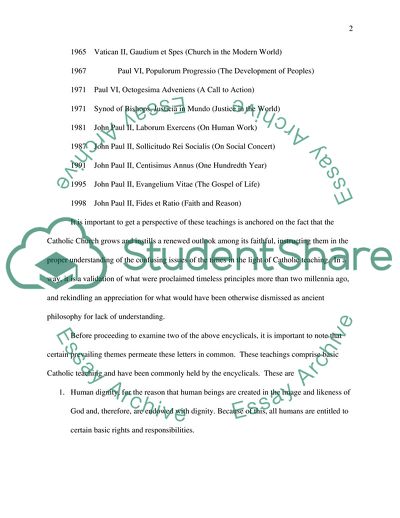Cite this document
(Social Justice in Catholic Teaching Essay Example | Topics and Well Written Essays - 2750 words, n.d.)
Social Justice in Catholic Teaching Essay Example | Topics and Well Written Essays - 2750 words. Retrieved from https://studentshare.org/religion-and-theology/1721604-intro-to-catholic-studies-2003
Social Justice in Catholic Teaching Essay Example | Topics and Well Written Essays - 2750 words. Retrieved from https://studentshare.org/religion-and-theology/1721604-intro-to-catholic-studies-2003
(Social Justice in Catholic Teaching Essay Example | Topics and Well Written Essays - 2750 Words)
Social Justice in Catholic Teaching Essay Example | Topics and Well Written Essays - 2750 Words. https://studentshare.org/religion-and-theology/1721604-intro-to-catholic-studies-2003.
Social Justice in Catholic Teaching Essay Example | Topics and Well Written Essays - 2750 Words. https://studentshare.org/religion-and-theology/1721604-intro-to-catholic-studies-2003.
“Social Justice in Catholic Teaching Essay Example | Topics and Well Written Essays - 2750 Words”. https://studentshare.org/religion-and-theology/1721604-intro-to-catholic-studies-2003.


